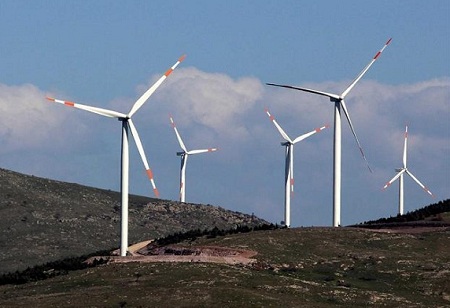India and Taiwan can work together on offshore wind, solar energy, and electric transportation. The biggest producer of solar wafers is Taiwan, which could contribute to India's battery and renewable energy programmes, according to Kartikeya Singh, Director of the Global Energy Futures Initiative.
He added that the two parties could also work together on offshore wind and electric transportation. Daniel Fiorino, Director of the Center for Environmental Policy at the American University's Department of Public Administration and Policy, "solar PV and wind will be essential for the energy transition." Singh claims that this transition will not benefit India's coal-producing
states, such as Jharkhand and Chhattisgarh, particularly given that India wishes to be a global leader in the iron and steel industries. He also said that the US’ Inflation Reduction Act doesn’t fit with the United Nations Framework Convention on Climate Change where key issues like Polluter Pays and Common But Differentiated Responsibilities which India is a key advocate of- are discussed.
The World Trade Organization (WTO) has already been informed by New Delhi that the selective application of carbon border measures to "trade-exposed industries" like steel, aluminium, chemicals, plastics, polymers, chemicals, and fertilisers reflects the competitiveness concerns that underpin such measures. The remark is noteworthy in light of the US's approval of the Inflation Reduction Act, which creates green technology industries, and the EU's Carbon Border Adjustment Mechanism, which imposes a global carbon tax on imports into the union.
India also voiced concerns about attempts to change regulations relating to import bans of goods based on the importing member's assessment of deforestation in the country of origin, stating that such efforts would increase compliance burdens and open up new revenue streams for designated verification and certification agencies. Fiorino emphasised the need to lower the price of essential minerals in order to lower the cost of manufacturing batteries, which is essential for the global electric mobility narrative.
